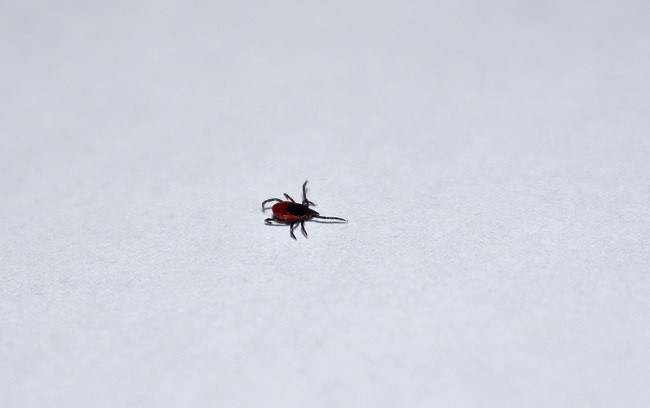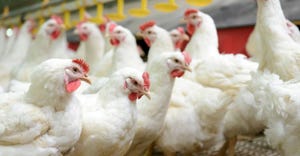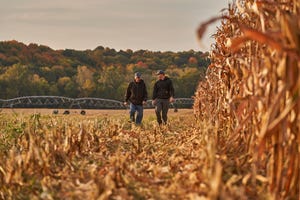Finding suggests novel babesiosis organism emerging in livestock across Europe.
November 21, 2019

Scientists have detected an exotic tickborne parasite within sheep in northern Scotland, according to a new study from the University of Glasgow.
The research was conducted by scientists at the University of Glasgow’s School of Veterinary Medicine and Institute of Biodiversity, Animal Health & Comparative Medicine and was published in Emerging Infectious Diseases, the journal of the U.S. Centers for Disease Control & Prevention (CDC).
The study reports that this is the first time this organism, Babesia venatorum, has been identified in animals in the U.K. and the first time it has been found in sheep anywhere in the world, according to the University of Glasgow.
Furthermore, the identification of this parasite in the U.K. raises concerns for European public health and farming policy, according to the study’s authors. Although some evidence suggests that this parasite may be more virulent than the species of babesia usually found in the U.K., the risk of people contracting this infection is believed to be low.
The parasite causes babesiosis, an economically important tick-transmitted animal disease that is recognized as an emerging infection in people. In the last two decades, the parasite has been recorded extensively in China and also in Europe, with two confirmed human infections in Italy. The researchers noted in their paper that B. venatorum has been detected in ticks collected from sheep in Switzerland and cattle in Belgium. Fortunately, babesiosis is treatable in most cases, although this depends on rapid and accurate diagnosis, the University of Glasgow said.
To conduct the study, scientists collected blood from sheep, cattle and deer in northeastern Scotland in areas where tickborne diseases have previously been detected. DNA from the B. venatorum parasite was detected in the blood of a large number of sheep that were not showing any signs of disease and, therefore, could be considered carrier animals.
The scientists believe that B. venatorum may have been carried by migratory birds coming to the U.K. from Scandinavia, where the parasite has previously been found in ticks collected from the environment and migratory birds.
“The presence of B. venatorum in the U.K. represents a new risk to humans working, living or hiking in areas with infected ticks and livestock, particularly sheep. Although we believe the threat to humans to be low, nevertheless, local health and veterinary professionals will need to be aware of the disease if the health risk from tickborne disease in the U.K. is to be fully understood," said Dr. Willie Weir, senior university clinician in veterinary pathology, public health and disease investigation at the University of Glasgow.
“Our findings follow the recent report of the detection of tickborne encephalitis virus in the U.K. Taken together, these findings signify a change in the landscape of tickborne pathogens in the U.K., and the underlying causes for this need to be investigated,” Weir said.
First author Dr. Alex Gray added, “Our study reveals that sheep can be a natural host for B. venatorum in the U.K., which is surprising, since we believed roe deer to be the main mammalian host for this parasite in Europe.
“Given our findings, ongoing active surveillance of this parasite in U.K. livestock would be useful to fully understand the prevalence and transmission of the disease, as such information may be critical for controlling the spread of babesiosis. As sheep are routinely transported large distances, including across international borders, we would also suggest the role that livestock play in transmission of the B. venatorum parasite in continental Europe be re-assessed,” Gray said.
Source: University of Glasgow, which is solely responsible for the information provided and is wholly owned by the source. Informa Business Media and all its subsidiaries are not responsible for any of the content contained in this information asset.
You May Also Like



